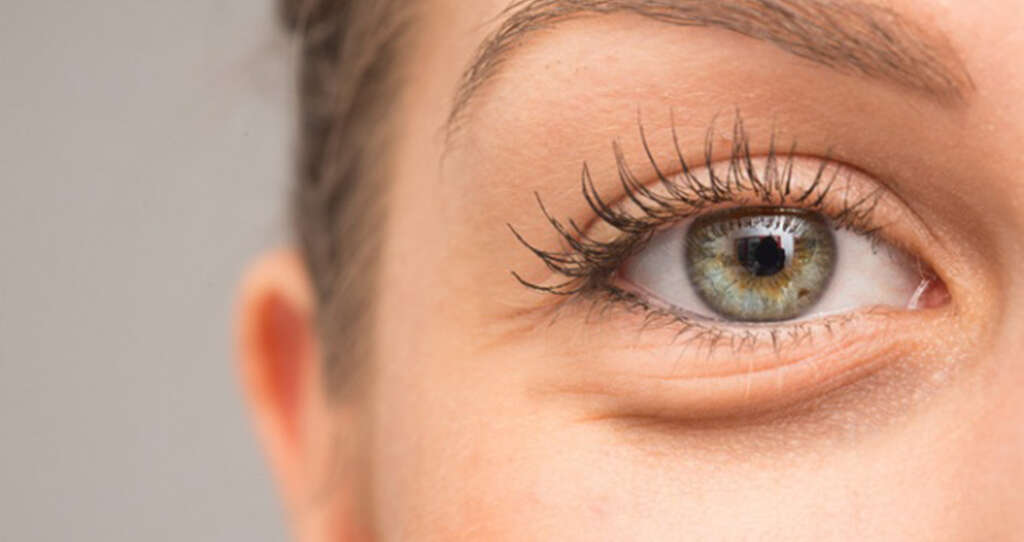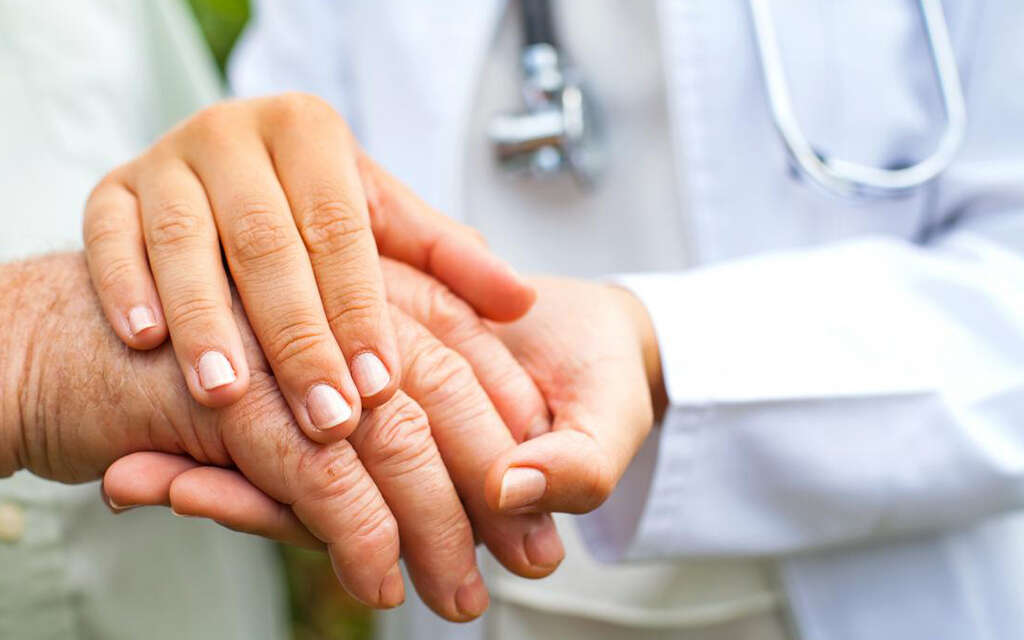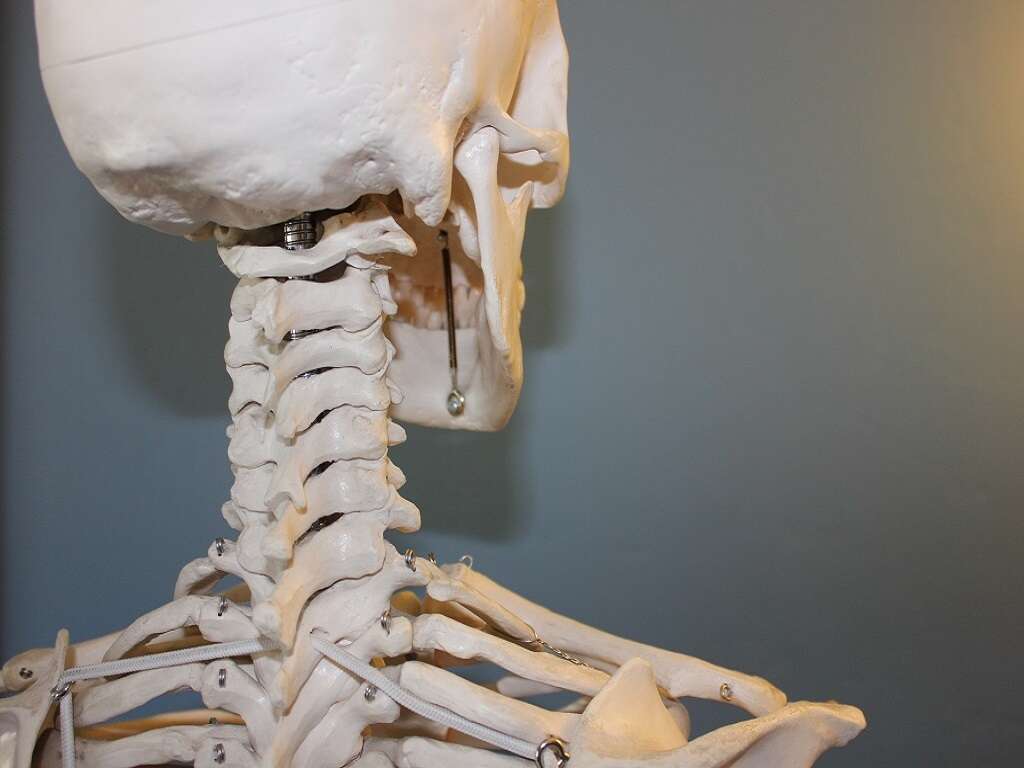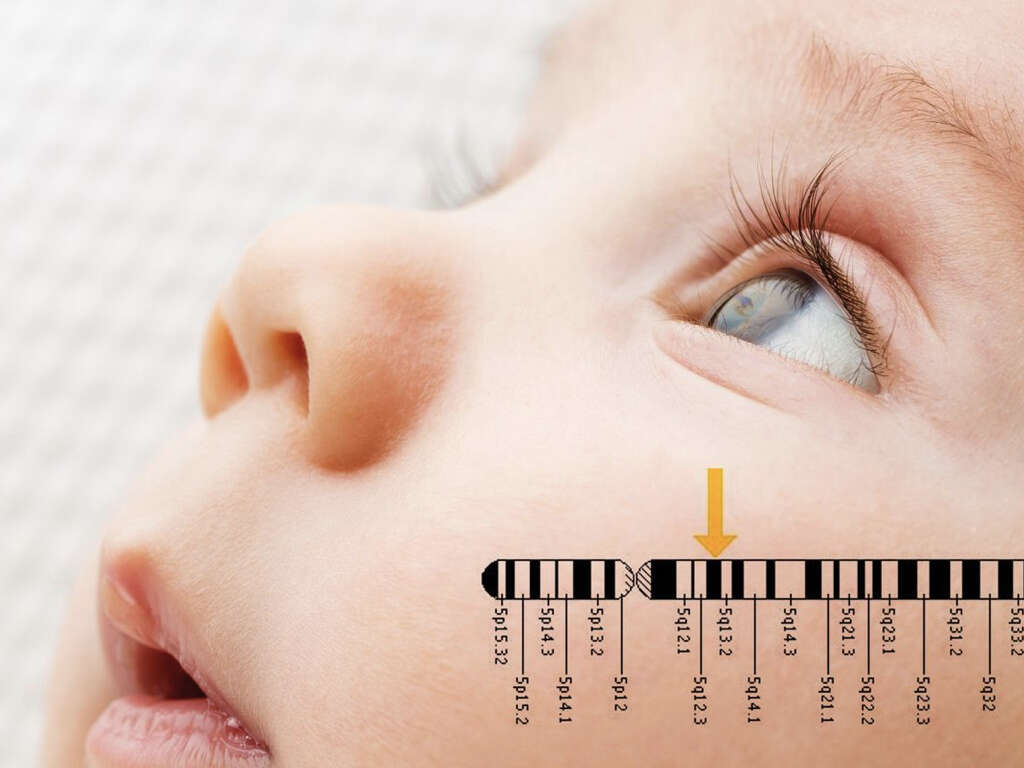10 Serotonin Syndrome Symptoms
Serotonin, along with acetylcholine, GABA, and dopamine, is one of the four main neurotransmitters of the human brain and body. About 80% to 90% of serotonin is made in the gastrointestinal system. Serotonin plays an important role when it comes to regulating a person’s mood, social behavior, sleep, digestion, and appetite. Serotonin is also known to play an important role when it comes to learning and memory.
As abovementioned, serotonin is an important neurotransmitter for sending and receiving nerve signals. Higher serotonin levels will disrupt this normal internal communication of the human body, leading to various signs and symptoms. Eventually, this can lead to the development of serotonin syndrome. Serotonin syndrome can be caused from taking certain types of medications such as antidepressants, cough suppressants, migraine medications, some painkillers, illegal drugs, or supplements such as ginseng or St. John’s Wort.

Symptom #1: Hyperthermia
In cases of moderate intoxication, a body temperature of 104°F is not uncommon among those who develop serotonin syndrome.
In severe cases of serotonin syndrome, the body’s temperature can become very high. This causes the muscles to break down, which eventually leads to shock. Severe hyperthermia may require intubation and ventilation with nondepolarizing muscle relaxants. As symptoms of serotonin syndrome can range from mild to life threatening, it is very important to recognize them on time and get the necessary treatment.

Symptom #2: Agitation and Restlessness
As mentioned, serotonin is one of the four main neurotransmitters in the human body. Even though most of the serotonin is produced from the gastrointestinal system, it plays an important role in the human brain and the central nervous system. In cases of high serotonin levels due to a change in the dosage of medications used, neurological symptoms like agitation and restlessness will become noticeable.
Usually, the signs and symptoms of serotonin syndrome start within the first 6 hours after the initial use of the medication, a change in the dosage used so far, or because of an overdose.

Symptom #3: Ocular Clonus
Roving eye movements otherwise known as ocular clonus are also a symptom of serotonin syndrome.
High levels of serotonin in the body will affect the normal function of the nervous system and due to an increased serotonergic activity in the central nervous system, various neuromuscular signs can be seen.

Symptom #4: Muscle Rigidity
Muscle rigidity is another symptom of serotonin syndrome. However, this symptom is more likely to be seen in moderate to severe cases of serotonin syndrome.
Muscle rigidity is significantly increased in the lower extremities compared to the upper extremities.

Symptom #5: Headaches
Serotonin syndrome is a drug-induced syndrome usually caused by selective serotonin re-uptake inhibitors (SSRIs) for the treatment of depression, different headache disorders, and so on. Therefore, the possibility of developing serotonin syndrome is greater among those who take these medications for the treatment of headaches.
Any change in the dosage of serotonin medications or overdosage can lead to even more severe headaches besides other possible symptoms due to the buildup of serotonin in the body.

Symptom #6: Tremor
A tremor is an involuntary and somewhat rhythmic muscle contraction, which can be caused by high levels of serotonin in the body. These twitching movements can affect one or more parts of the body and usually the lower extremities are more affected compared to the upper extremities.
It can affect any part of the body such as the hands, arms, feet, legs, eyes, face, head, or trunk. Discontinuing medications will help resolve the tremor caused by SSRIs.

Symptom #7: Nausea, Vomiting, and Diarrhea
The gastrointestinal system is the largest producer of serotonin in the human body and, as such, high levels of serotonin are directly connected with the normal functioning of the gastrointestinal system.
Serotonin is released in response to food in the lumen, allowing the gut to contract and digest the ingested food. Increased levels of serotonin will lead to various gastrointestinal symptoms such as increased bowel sounds, nausea, vomiting, and diarrhea.

Symptom #8: Heavy Sweating
Sweating is a common problem of those who take antidepressants. Sweating is noticed in mild, moderate, and severe cases of serotonin syndrome.
Reducing the dose in the initial phase might help resolve this side effect of antidepressants, but once serotonin syndrome develops, proper medical treatment is necessary as heavy sweating is also accompanied by other signs and symptoms already mentioned. As serotonin syndrome can be a life-threatening condition, especially in such severe cases as an overdose, it is very important to recognize and diagnose it on time.

Symptom #9: Shivering and Goose Bumps
Shivering and goose bumps are another noticeable symptom among those who develop serotonin syndrome. These symptoms, along with high blood pressure, a rapid heart rate, and heavy sweating, are among the first symptoms to be noticed in mild cases of serotonin syndrome.
As the levels of serotonin in the body continue to increase, other signs and symptoms related to the central nervous system will start to become noticeable.

Symptom #10: High Blood Pressure and Rapid Heart Rate
High levels of serotonin in the body will also have an effect on the cardiovascular system. The buildup of serotonin in the body will lead to a rapid heart rate. Blood pressure changes are also common as serotonin stimulates several internal chemical responses, leading to an increased blood pressure.
For this reason, those who develop serotonin syndrome will have an increased risk of cardiovascular disease, including heart attack or stroke.












